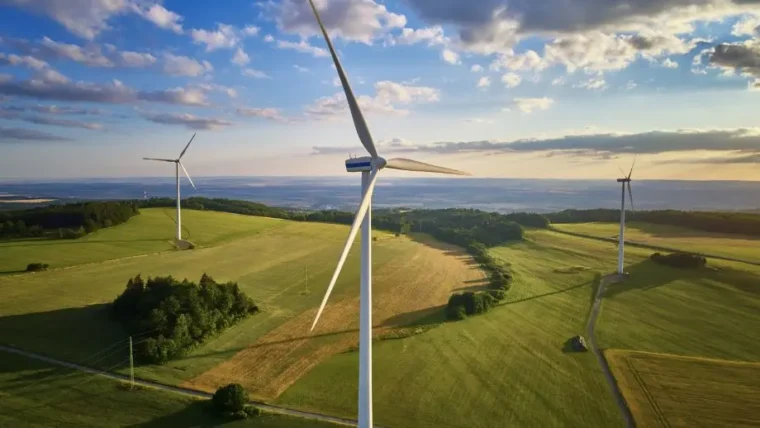What are the benefits to using recycled aggregates?
14 February 2018
In this week’s blog, we are going to look at using Recycled Aggregates in Construction and the benefits of doing so.
What are recycled aggregates?
Aggregates are granular materials typically used in construction work. This includes materials such as sand, gravel, stone, concrete and bricks.
As the world continues to grow and urbanise at a fast rate, we find ourselves with the moral responsibility of trying to sustain the existing environment. To achieve this rate of rapid urbanisation, every year we see smaller structures being demolished to make way for newer and bigger construction.
In the past, the leftover aggregate from demolition and construction sites would end up in landfill but using this old aggregate is now regarded as being beneficial for a number of reasons. The term ‘Recycled Aggregates’ refers to the reprocessed materials that have previously been used in construction. Reprocessing involves activities such as crushing, mixing, or grading aggregate to meet the required specifications.
Approximately 200 million tonnes of aggregates are used each year in the UK and of this supply; around 57 million tonnes are derived from recycled sources (SEPA Guidance).
What are the benefits of using recycled aggregates?
There are many economic, environmental and social benefits to using recycled aggregates.
Cost Saving
- Making use of recycled aggregates over virgin materials can save money as they are less expensive to produce.
- If recycled materials are available locally then this can reduce the cost of transporting the aggregates
- Producing recycled aggregate for resale is more cost-effective than sending un-wanted materials to landfill and incurring landfill tax.
Eco-Friendly
- Recycled Aggregate is regarded to be a ‘green’ construction material
- Using recycled aggregate reduces the amount of virgin aggregates which are created and therefore means less use of natural resources
- There is increasing pressure on landfill capacity, and pressure on construction sites to divert waste away from landfill to meet UK and sustainability targets
Versatile
- Recycled aggregates can be used for various different functions, suitable for use with construction projects, landscaping and in home improvement applications.
Durable
- Studies prove that Recycled Aggregate is as structurally reliable as natural aggregate and is as safe to use.
These benefits of using recycled aggregate mean that you can enjoy doing your part to help the environment with decreased expenditure – and without the need to sacrifice use, strength and durability.
In next week’s blog, we will discuss the Recycled Aggregate Quality Protocol and how to ensure that the aggregate you are using can be classed as a product rather than waste material.









